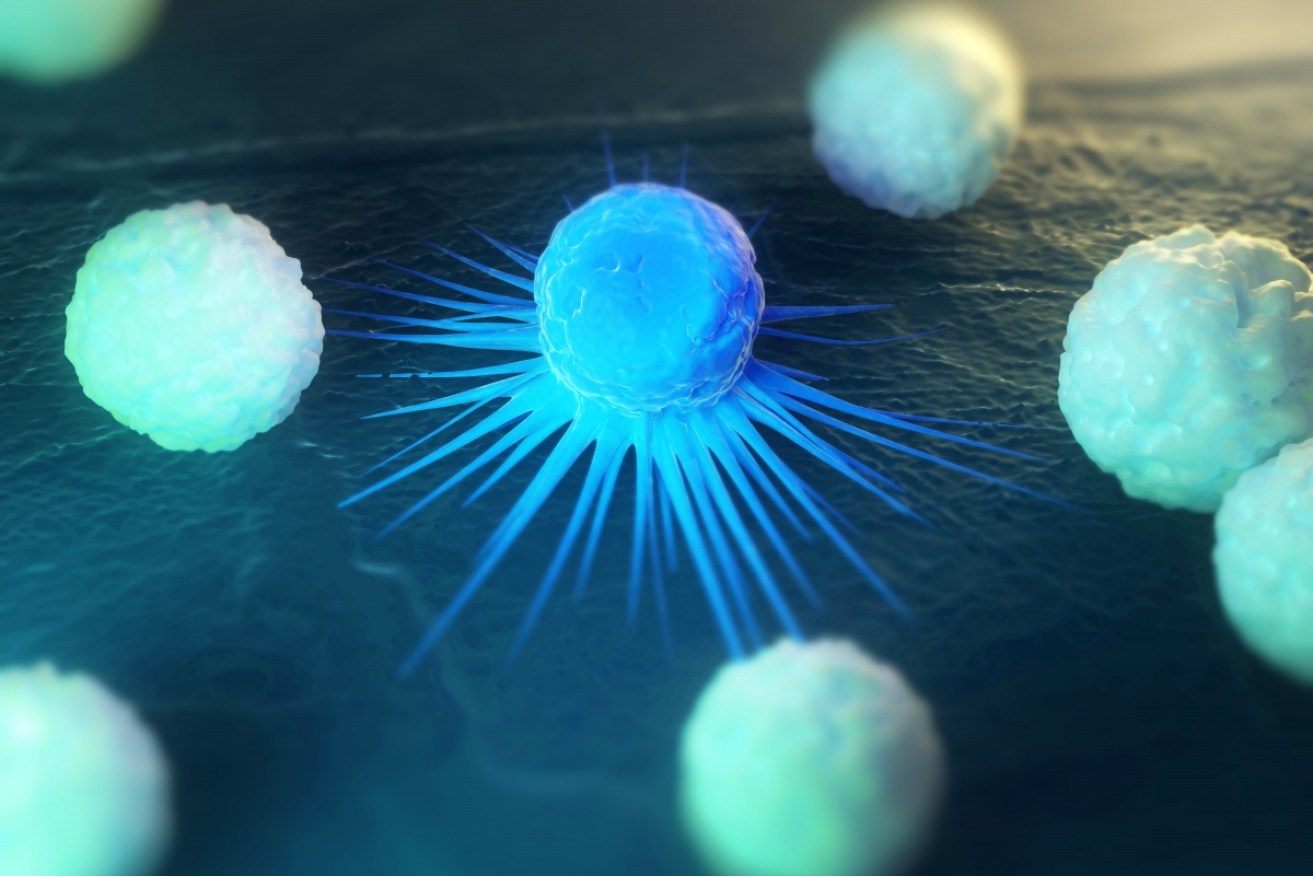Cancer treatment: US approves breakthrough ‘living drug’ for leukaemia

A new gene therapy to treat patients desperately ill with a common paediatric cancer has been approved in the US. Photo: Getty
The US Food and Drug Administration has approved the first cancer treatment that genetically engineers patients’ own blood cells into an army of assassins to seek and destroy childhood leukaemia.
The CAR-T cell treatment developed by Novartis Pharmaceuticals and the University of Pennsylvania is the first type of gene therapy to hit the US market, and one in a powerful but expensive wave of custom-made “living drugs” being tested against blood cancers and some other tumours, too.
The FDA called the approval historic.
“This is a brand new way of treating cancer,” said Stephan Grupp of Children’s Hospital of Philadelphia, who treated the first child with CAR-T cell therapy, a girl who’d been near death but now is cancer-free for five years and counting.
“That’s enormously exciting,” Dr Grupp said.
Novartis said it would charge $US475,000 ($A598,453) for the treatment, made from scratch for every patient.
But the company said there would be no charge if the patient didn’t show a response within a month.
CAR-T cancer treatment uses gene therapy techniques not to fix disease-causing genes but to turbocharge T cells, immune system soldiers that cancer too often can evade.
Researchers filter those cells from a patient’s blood, reprogram them to harbour a “chimeric antigen receptor” that zeroes in on cancer, and grow hundreds of millions of copies.
Returned to the patient, the revved-up cells can continue multiplying to fight disease for months or years.
It’s a completely different way to harness the immune system than popular immunotherapy drugs called “checkpoint inhibitors” that treat a variety of cancers by helping the body’s natural T cells better spot tumours. CAR-T cell therapy gives patients stronger T cells to do that job.
“We’re entering a new frontier in medical innovation with the ability to reprogram a patient’s own cells to attack a deadly cancer,” said FDA commissioner Scott Gottlieb.
This first use of CAR-T therapy is aimed at patients desperately ill with a common paediatric cancer – acute lymphoblastic leukaemia, or ALL.
While most survive, about 15 per cent relapse despite today’s best treatments, and their prognosis is bleak.
In a key study of 63 advanced patients, 83 per cent went into remission. Importantly, it’s not clear how long that benefit lasts: Some patients did relapse months later. The others still are being tracked to see how they fare long-term.
Still, “a far higher percentage of patients go into remission with this therapy than anything else we’ve seen to date with relapsed leukaemia”, said Dr Ted Laetsch of the University of Texas Southwestern Medical Centre, one of the study sites.
“I wouldn’t say we know for sure how many will be cured yet by this therapy. There certainly is a hope” that some will be.








